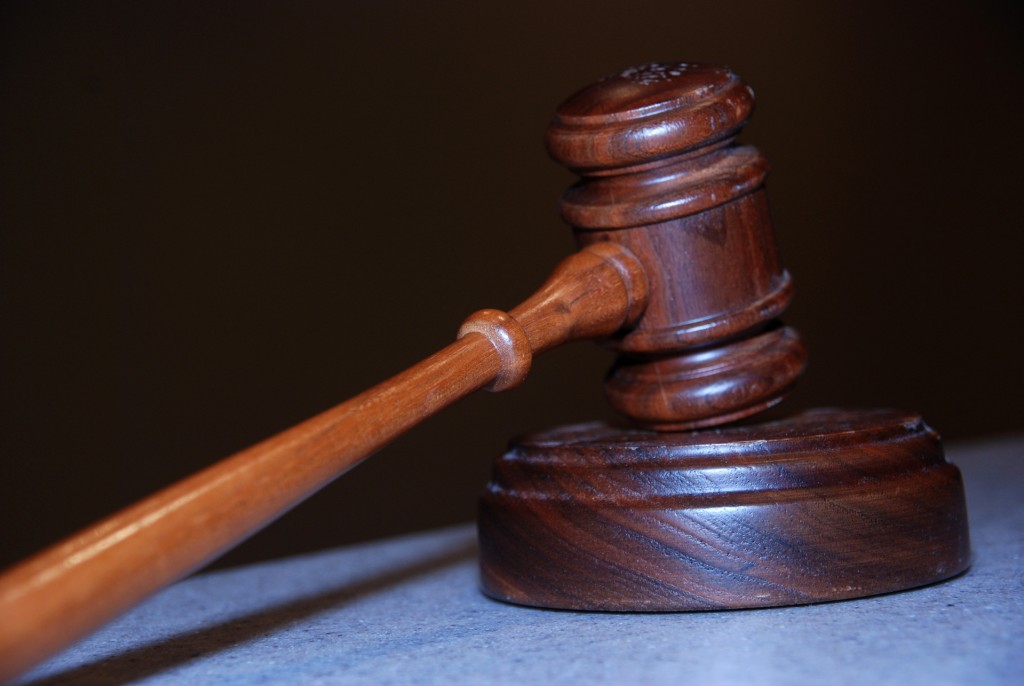
The Catholic Church’s Truth Justice and Healing Council (TJHC) has released guidelines for how Church authorities should respond when claims of child sexual abuse are made against them. Photo: Sourced.
The Catholic Church’s Truth Justice and Healing Council (TJHC) has released guidelines for how Church authorities should respond when claims of child sexual abuse are made against them.
The guidelines, which have been endorsed by the Church leadership, will come into effect from 1 January 2016 and are designed to promote justice and consistency in the way the Church handles child sexual abuse claims and conducts litigation when taken to court.
They also include a requirement for Church dioceses or religious orders to assist a claimant to identify the correct defendant to respond to legal proceedings.
CEO of the TJHC, Francis Sullivan, said the community expects the Catholic Church to have a compassionate and consistent approach towards survivors of child sexual abuse, including when they take legal action.
“These guidelines provide a framework for Church authorities to do the right thing in court and ease the trauma of litigation for survivors,” he said.
The guidelines also cover issues such as:
- providing records, making an early assessment of claims, keeping costs down and paying legitimate claims without litigation
- being mindful of the traumatic experience for claimants during litigation and endeavouring to avoid legal proceedings wherever possible
- apologising if the Church authority is aware that it or its representatives or lawyers have acted wrongfully, improperly or in breach of the guidelines.
“While going to court and litigating a claim must always be an option for child sexual abuse victims, a national redress scheme must also be available,” Mr Sullivan said.
“There will be many survivors of child sexual abuse who will not want to go to court.
“They must have access to a fair, independent, affordable and timely redress scheme that recognises their abuse and ensures the organisation responsible pays compensation and meets the cost of counselling and ongoing care.”
The guidelines are similar to the models adopted by many governments in Australia and give effect to a recommendation of the Royal Commission in its September Redress and Civil Litigation Report. The guidelines will apply to all current and future cases.
The Truth Justice and Healing Council is coordinating the Catholic Church’s engagement with the Royal Commission into Institutional Responses to Child Sexual Abuse: www.tjhcouncil.org.au.
GUIDELINES FOR CHURCH AUTHORITIES IN RESPONDING
TO CIVIL CLAIMS FOR CHILD SEXUAL ABUSE
When dealing with civil claims related to child sexual abuse, Church authorities should at all times act honestly, fairly and compassionately by:
- dealing with claims promptly and not causing unnecessary delay in the handling of claims and litigation
- assisting the claimant to identify the correct defendant to respond to the legal proceedings
- facilitating access to records relating to the claimant, subject to considering the privacy entitlements of third parties and documents that are legally professionally privileged
- making an early assessment of:
- the Church authority’s prospects of success in defending the proceedings, and
- the Church authority’s potential liability in the claim made against it
- acting consistently in the handling of claims and litigation
- being mindful of the potential for litigation to be a traumatic experience for claimants who have suffered sexual abuse, endeavouring to avoid legal proceedings wherever possible or to confine the scope of the proceedings
- paying legitimate claims without litigation
- considering resolving matters without the need for a claimant to take the formal step of filing a statement of claim
- providing information about services and supports available to claimants and considering requests from claimants for counselling, pastoral and psychological care assistance, and other kinds of acknowledgement or redress, including meetings with the Church leader, site visits etc
- offering, and participating fully and effectively in, alternative dispute resolution processes wherever possible
- if it is not possible to avoid litigation, keeping the costs of litigation to a minimum, including by:
- not requiring the claimant to prove a matter which the Church authority knows to be true or has accepted as true
- not contesting liability if the Church authority knows that the dispute is only about the amount of compensation
- monitoring the progress of the litigation and using appropriate methods to resolve the litigation, including alternative dispute resolution, settlement offers and payments into court, and
- ensuring that arrangements are made so that a person participating in any alternative dispute resolution process or settlement negotiations on behalf of the Church authority can enter into a settlement of the claim or legal proceedings in the course of the process or the negotiations
- not taking advantage of a claimant who lacks the resources to litigate a legitimate claim
- if a statutory limitation period is available as a defence, not relying on that defence unless:
- the claim involves other defendants who are not Church defendants and there is a risk that the Church authority might bear a disproportionate share of the whole liability to the claimant, or
- the lapse of time has a burdensome effect on the Church authority that is so serious that the Church authority considers that a fair trial would not be possible
- if there is a need for expert evidence, co-operating with claimants about choice of expert, to facilitate agreement on the use of a single expert, if practicable
- not undertaking and pursuing appeals unless the Church authority believes that it has reasonable prospects for success
- apologising if the Church authority is aware that it or its representatives or lawyers have acted wrongfully, improperly or in breach of these guidelines.